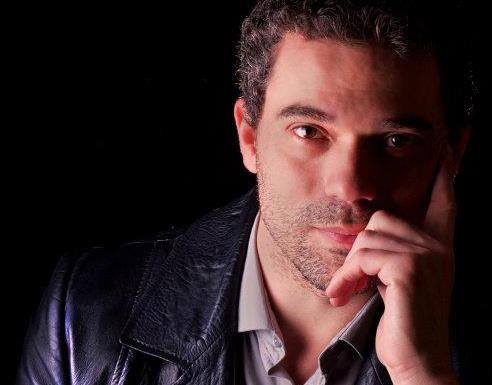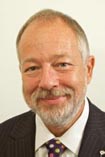
Carlos J. Pampliega, PMP
Arquitecto y Director de Proyectos
http://www.salineropampliega.com/
Actualmente, la gestión de interesados es considerada, al menos teóricamente, por las empresas del sector de la construcción tan importante para su negocio, como otras áreas de actividad, como la subcontratación, la seguridad o el medio ambiente.






 Cornelius Fitchner, PMP, CSM
Cornelius Fitchner, PMP, CSM